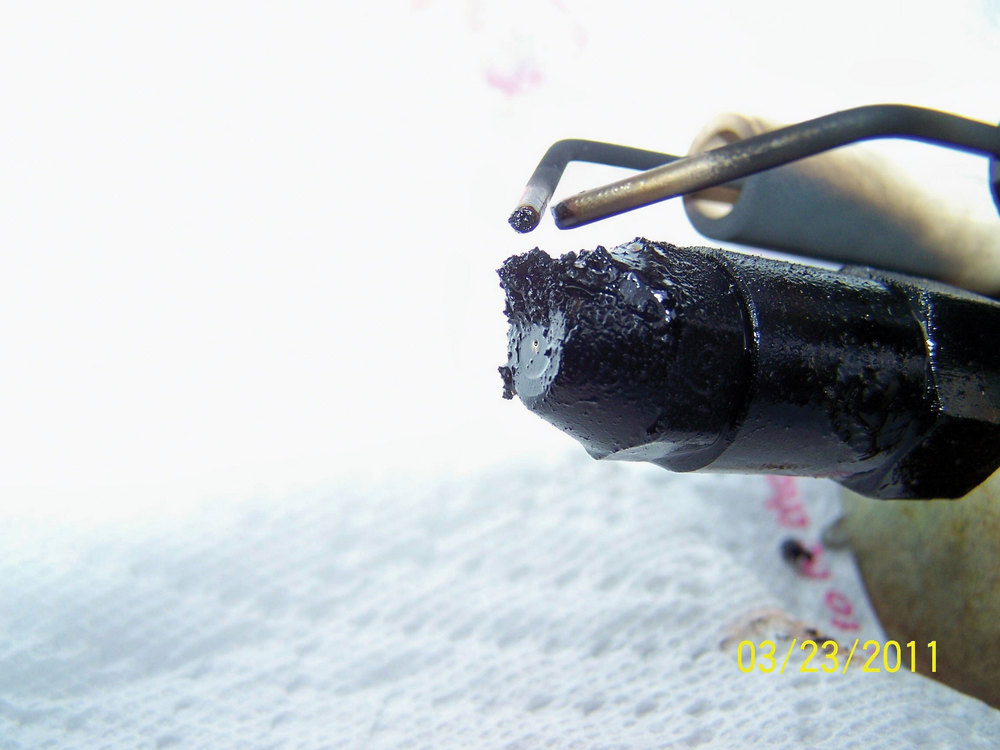Finding the Truth

April 21, 2011
BY Erin Voegele
In mid-March a handful of oilheat dealers in New Hampshire began hearing reports from customers related to the coking of burners. The burners reportedly appeared to have an asphalt-like build up. While some pointed to biodiesel as a potential cause, testing has since determined base fuel instability is likely the cause.
As often occurs when a new product such as Bioheat enters the market, the gut reaction of many people is to blame problems on the “new kid on the block,” says Paul Nazzaro, the National Biodiesel Board’s petroleum liaison. While biodiesel can cause issues related to filter plugging and frozen lines in winter, Roman Wolff, president of Enhanced Biofuels LLC, notes he’s never seen problems related to coking occur due to biodiesel.
Advertisement
The problems associated with coking led some oilheat dealers in the state to discover that biodiesel was blended with their fuel. Nazzaro was invited to a meeting with approximately 30 members of the New Hampshire oilheat industry to discuss the issue. “The meeting started because they were concerned that biodiesel was actually being blended, and they weren’t made aware of it by the wholesale community,” Nazzaro said. “They didn’t realize that no one has an obligation to them [to divulge] when, or if, they blend biodiesel.”
According to Ed Burke, chairman of the board of Dennis K. Burke Inc., it’s not uncommon for oilheat dealers to be unaware that biodiesel is blended into fuel by wholesalers. This is due in part to the fact that those not actively involved in, or following, the biodiesel industry might not be aware of ASTM specifications that consider fuel containing up to 5 percent biodiesel to be fungible. Wholesalers, Burke says, are not required to notify customers that the oilheat product they are supplying contains up to 5 percent biodiesel.
Advertisement
At his meeting with New Hampshire oilheat dealers, Nazzaro said his first objective was to arrest concerns that biodiesel is an undesirable product being added to oilheat. “My goal was to convince them that biodiesel is actually a great alternative because it’s more critically scrutinized for quality parameters,” he said.
About four of the 30 oilheat dealers in attendance were experiencing similar problems related to coking. Following the meeting, Nazzaro arranged to have testing completed for two of the dealers. Samples were taken of both the affected fuel and the sedimentation that was building up on nozzles and hardware. Fuel sampled from a delivery truck clearly indicates fuel instability is likely the cause of burner coking. Equipment problems and biodiesel have been ruled out as causes.
Although the problems were not associated with biodiesel usage, Nazzaro says that as the new kid on the block, the biodiesel and Bioheat industries have a responsibility to step up and address any potential problems. “The National Biodiesel Board and its stakeholders totally embrace the Bioheat movement, and are totally committed to looking at every single issue that will arise to ensure that Bioheat is not being unfairly judged by problems that have existed for decades,” he says.
Upcoming Events





